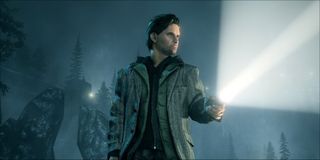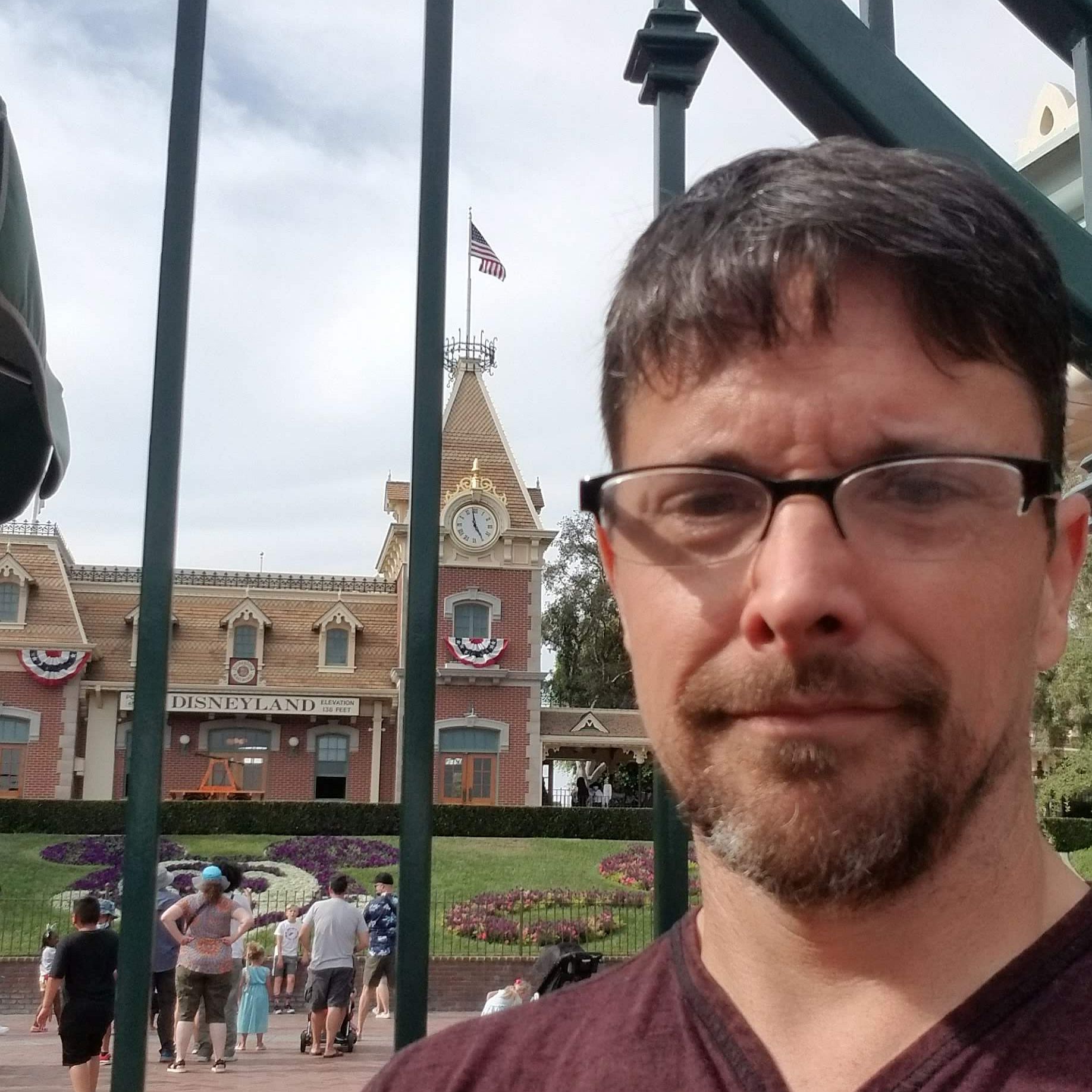The Return Of Alan Wake Is Important To The Future Of Video Games

Alan Wake was a popular game in its day on the Xbox 360 but it was by no means a massive success. When it got removed from digital stores about a year ago due to the expiration of music rights, it seemed to be the end for the cult classic. While those who had already purchased the title would have it going forward, nobody new would get to experience it. However, last week Remedy announced that the game was back for sale following Microsoft's decision to renegotiate the music rights that had previously expired. While this is great news for Alan Wake and anybody who hasn't given the game a try, because you should totally play it, it's even better news for the video game industry as a whole. Hopefully, it's a signal that more games won't be left behind by time so that future generations will be able to enjoy them.
While video games have been around for decades, the idea that the history of the medium needed to be preserved seems to have only been a relatively recent idea. With numerous game publishers and developers going out of business over the years many titles have seemingly been lost. Nobody thought to make sure that early games were preserved in any way. While many old titles have survived through unofficial means, such as ROMs, often these methods are not strictly legal. In many cases, the fact that many of these games don't currently have rights holders usually means there's nobody around to complain, but the risk is always there.
More recently, legal rights have become one of the stumbling blocks to keep older games available. Sometimes it's because we're talking about a licensed game, a game based on a movie or other property, or as was the case with Alan Wake, the rights to music that was used within the game. These deals were usually only designed to last for a limited period before expiring. Nobody necessarily expected that anybody would care about a game after a few years, and so rights had a finite limit. Once that date was reached, the game disappeared.
While the renegotiation of rights is always an option, it rarely happens. In some cases, this may be because the original developer of the game doesn't even exist so there isn't anybody with legal standing able to do that work, but frequently, it's simply because doing so doesn't really hold much financial purpose for the developer or the rights holder. The game has run its course from a sales perspective and renegotiating the rights will cost more than it will make in additional sales.
That's almost certainly the case with Alan Wake. Most people aren't going to necessarily spend a lot of money buying the game new on Steam or Xbox Live. If you wanted to play it, you've likely already done it. However, because Microsoft took the time to get the musical rights back, the game at least will continue to be available for those few who do want to buy it, and more importantly, the game itself will continue to exist in its original form which is valuable from a simple historical perspective.
Needless to say, we rarely see a move like this. Usually, if a developer or publisher is going to make a move to renew rights, it happens at or near the end of the existing deal. Seeing this decision made this long after the fact doesn't happen. The truth is, the decision was likely made for financial reasons. Alan Wake is something of a cult hit and if there are plans to continue the series, as many would like, keeping the first game available is a smart move. We also don't know what the new rights deal cost. It's possible it wasn't really a question of money. Perhaps it didn't cost Microsoft all that much. Still, even if altruism wasn't the main objective, the end result is a benefit to the industry.
Hopefully, this is the beginning of a new trend among game developers and publishers that will save more games from the waste bin of history. Something like music licensing should never spell the end of games, making them disappear forever. The argument about whether or not video games are art really isn't an argument anymore. They are, and as such, they deserve to be preserved. and be available for anybody who wants them to be able to experience.
CINEMABLEND NEWSLETTER
Your Daily Blend of Entertainment News
Rights issues like this don't only affect video games. Movies and TV shows have frequently had trouble being made available on streaming platforms because of issues like music rights as well. Frequently this is overcome by simply replacing the music with something else, but this is a far from an optimum option. While doing something like that with a game can make the game available, which is better than not at all, it's simply not the same. The choices made by developers, including the use of music, are part of the design process.
In the case of Alan Wake, music is used to punctuate each chapter of the story. While the game wasn't released as an episodic adventure originally, it very much takes that form and each episode ends with a song which works as both a closing of one section and the opening of another. Just filling that space with any available license-free music isn't the same. In some cases the song you hear is something well known such as David Bowie's "Space Oddity" but in other cases, the music is likely new to you. This isn't an accident. The familiarity, or lack thereof, is important as each type of song will resonate with a player differently. Not just any old song can fill that void.
With games now living lives far longer than previous generations, one certainly hopes that issues like licensing rights are being negotiated to last far longer than previously. This means the games will continue to be available. However, for older games that were created before the days of permanent digital storefronts, time and money need to be spent in order to make sure these games don't disappear forever. It's not simply about being able to play the games we want, it's about preserving history.
If, for some reason, you've never played Alan Wake it's now available for a ridiculous deal on Steam.

CinemaBlend’s resident theme park junkie and amateur Disney historian, Dirk began writing for CinemaBlend as a freelancer in 2015 before joining the site full-time in 2018. He has previously held positions as a Staff Writer and Games Editor, but has more recently transformed his true passion into his job as the head of the site's Theme Park section. He has previously done freelance work for various gaming and technology sites. Prior to starting his second career as a writer he worked for 12 years in sales for various companies within the consumer electronics industry. He has a degree in political science from the University of California, Davis. Is an armchair Imagineer, Epcot Stan, Future Club 33 Member.

Star Trek Discovery’s L’ak Actor Told Us About Learning His Character's Most Exciting Details At A Point When He Couldn't Immediately Freak Out

‘P. Diddy’s On The Bottom Of The List Of People I Wanted To Meet, Especially After Finally Meeting Him.’ That Time Conor McGregor Got Real About Running Into Sean Combs

Young Sheldon Revealed How He Picked His Future College, And The Story Was Far More Entertaining Than I Expected
Most Popular






